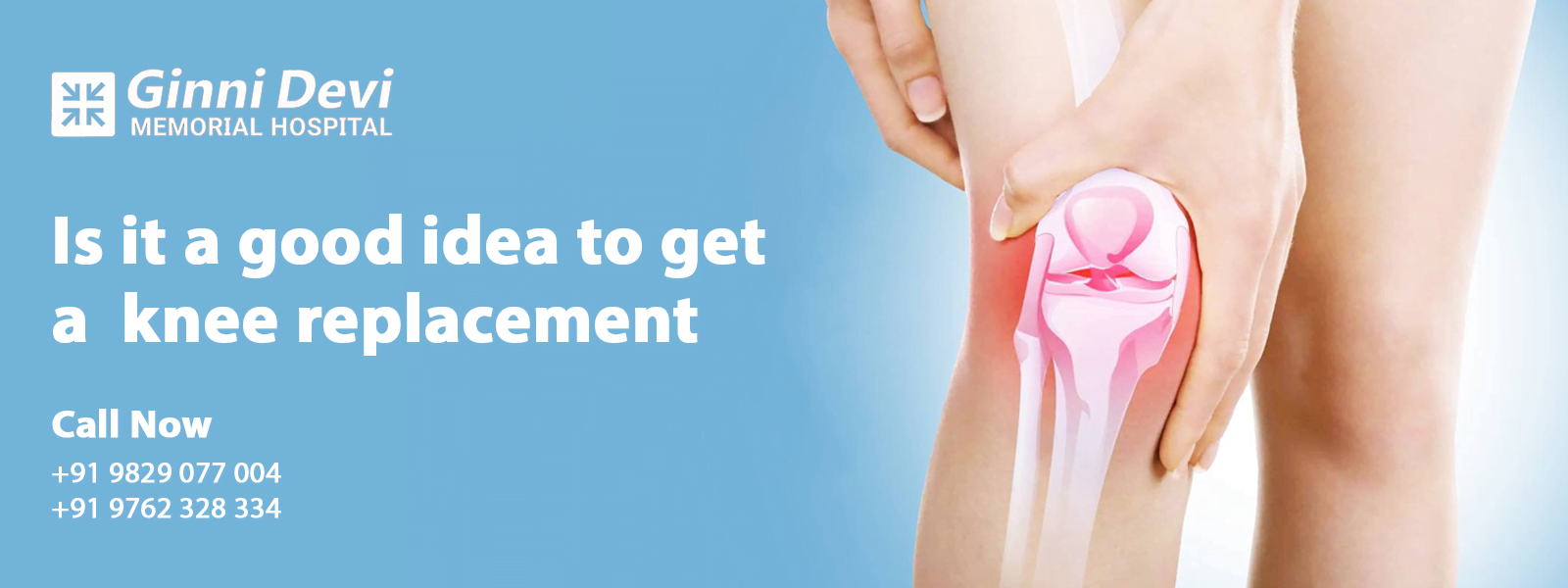Is it a good idea to get a knee replacement?
Introduction: Deciding whether to undergo knee replacement surgery is a significant and personal decision that involves weighing various factors, including the severity of your symptoms, overall health, and quality of life. Knee replacement, a common and effective procedure, can provide substantial relief from chronic pain and improve mobility for those suffering from severe arthritis or knee injuries.
However, it’s essential to consider the potential risks, the recovery process, and long-term benefits. Consulting with an experienced Knee Replacement Doctor can help determine if knee replacement is the best option for your individual needs and circumstances.
About knee replacement surgery: Knee replacement surgery, also known as knee arthroplasty, is a medical procedure aimed at relieving pain and restoring function in severely diseased knee joints. During the surgery, damaged cartilage and bone are removed from the knee and replaced with artificial components made of metal alloys, high-grade plastics, or polymers.
This procedure is typically recommended for individuals suffering from severe osteoarthritis, rheumatoid arthritis, or traumatic injury who have not found relief through conservative treatments like medication, physical therapy, or lifestyle changes. Knee replacement surgery can significantly improve quality of life by reducing pain, increasing mobility, and allowing patients to return to their daily activities with greater ease and comfort. If you’re considering this life-changing procedure, consult Dr. Pratul Jain, widely recognized as the Best Knee Replacement Surgeon in Jaipur, for expert guidance and advanced orthopedic care.
Benefits of having a knee replacement surgery:
Pain Relief: One of the most significant benefits of Total Knee Replacement is the substantial reduction or complete elimination of chronic knee pain, allowing patients to enjoy daily activities without constant discomfort.
Improved Mobility: Post-surgery, patients often experience enhanced mobility and range of motion, making it easier to perform everyday tasks and engage in physical activities.
Better Quality of Life: By alleviating pain and improving joint function, knee replacement surgery can significantly enhance the overall quality of life, enabling patients to participate more fully in social and recreational activities.
Increased Independence: The improved knee function allows for greater independence in daily life, reducing reliance on walking aids and assistance from others.
Enhanced Physical Fitness: With a pain-free knee, patients can more comfortably engage in exercise and physical activity, promoting overall health and fitness.
Long-Term Durability: Modern knee implants are designed to be durable, often lasting 15-20 years or more, providing long-term relief and stability.
Correction of Deformities: Knee replacement surgery can correct joint deformities caused by arthritis or injury, improving the leg’s alignment and overall function.
High Success Rate: Knee replacement is a highly successful procedure with a high patient satisfaction rate, providing significant improvements in pain and function for the majority of individuals.
Visit Ginni Devi Hospital, the Best Orthopaedic Hospital in Jaipur!
Visit Ginni Devi Hospital, the best Orthopedic hospital in Jaipur, for exceptional care and advanced treatment options. Renowned for its best facilities and a team of highly skilled Knee Replacement Surgeons, the hospital offers comprehensive solutions for all your musculoskeletal issues. From cutting-edge surgical techniques to personalized rehabilitation programs, Ginni Devi Hospital ensures optimal recovery and improved quality of life for every patient. Experience compassionate care and world-class expertise at Ginni Devi Hospital, where your health and well-being are our top priorities.




